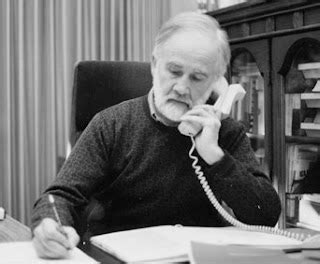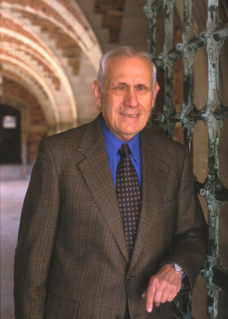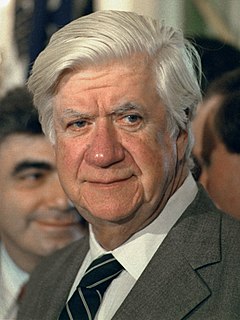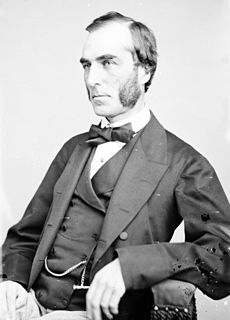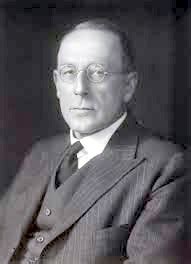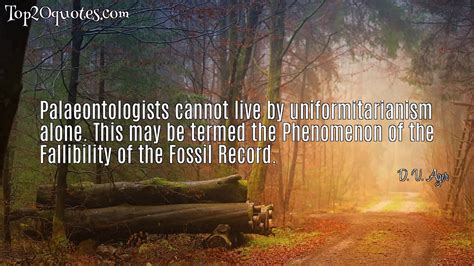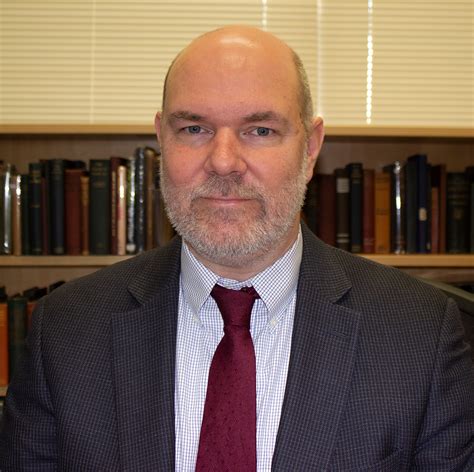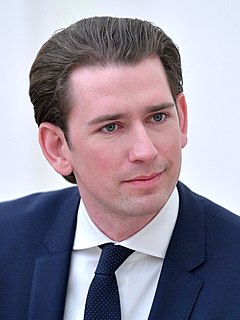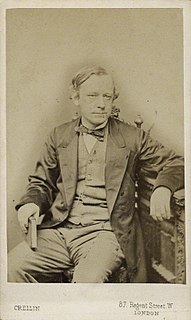Top 1200 Local History Quotes & Sayings - Page 13
Explore popular Local History quotes.
Last updated on December 21, 2024.
History, when rightly written, is but a record of providence; and he who would read history rightly, must read it with his eyes constantly fixed on the hand of God. This statement of a nineteenth-century historian sums up the responsibility of the Christian teacher of history, for he who would teach history or any subject matter rightly, must teach it with his eyes constantly fixed on the hand of God.
The discussion of the game of marbles seems to have led us into rather deep waters. But in the eyes of children the history of the game of marbles has quite as much importance as the history of religion or of forms of government. It Is a history, moreover, that is magnificently spontaneous; and it was therefore perhaps not entirely useless to seek to throw light on the child's judgment of moral value by a preliminary study of the social behaviour of children amongst themselves.
It is not surprising that only one medieval state, Venice, long possessed anything clearly identifiavble as a navy in this sense. We shall see that no state in the British Isles attained attained this level of sophistication before the 16th century, and no history of the Royal Navy, in any exact sense of the words, could legitimately begin much before then. This book, which does, is not an institutional history of the Royal Navy, but a history of naval warfare as an aspect of national history. All and any methods of fighting at sea, or using the sea for warlike purposes, are its concern.
You see, when you're middle class, you have to live with the fact that history will ignore you. You have to live with the fact that history can never champion your causes and that history will never feel sorry for you. It is the price that is paid for day-to-day comfort and silence. And because of this price, all happinesses are sterile; all sadnesses go unpitied.
I did not know much history when I became a bombardier in the U.S. Air Force in World War II. Only after the War did I see that we, like the Nazis, had committed atrocities... Hiroshima, Nagasaki, Dresden, my own bombing missions. And when I studied history after the War, I learned from reading on my own, not from my university classes, about the history of U.S. expansion and imperialism.
In the preface to his great History of Europe, H. A. L. Fisher wrote: "Men wiser than and more learned than I have discerned in history a plot, a rhythm, a predetermined pattern. These harmonies are concealed from me. I can see only one emergency following upon another as wave follows upon wave ..." It seems to me that the same is true of the much older [geological stratigraphical] history of Europe.
My book, Oral History: Understanding Qualitative Research is about how researchers use this method and how to write up their oral history projects so that audiences can read them. It's important that researchers have many different tools available to study people's lives and the cultures we live in. I think oral history is a most needed and uniquely important strategy.
Why I talked about political correctness: the colonial is now such a major taboo that any achievement of the colonial period, or any generosity implied in colonialism, is again fundamentally neglected or fundamentally not recognised. That's crazy, because history is a series of layers, and you cannot say, "This layer I support and this layer I cancel." History is history and you cannot retrospectively manipulate it.













